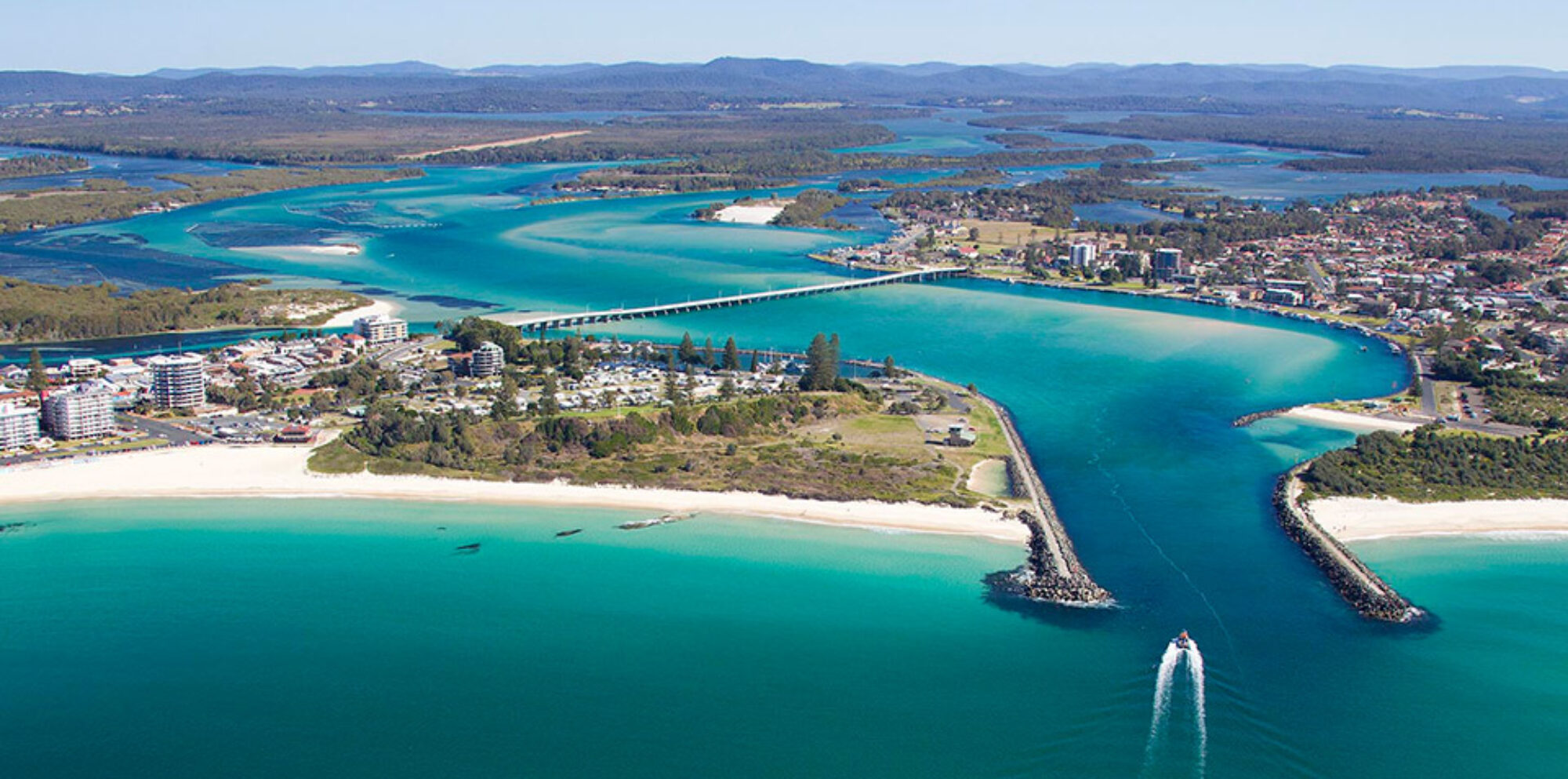Natural disasters have significantly shaped the relationship between people and nature. The state experiences a wide range of natural disasters, including bushfires, floods, and droughts, all of which influence how communities interact with and understand their natural environment.
A very recent extreme natural disaster that impacted the whole state was the bushfires of 2019- 2020. These fires destroyed vast areas of natural habitats, killing millions of animals and impacting local communities. The aftermath of these fires has led to:
- Increased awareness of climate change: The intensity and frequency of bushfires have sparked public debate about climate change and its role in making conditions more extreme. The sight of scorched forests and lost wildlife heightened emotional connections to nature, fostering a sense of grief but also prompting conservation efforts and regeneration projects.
- Ski Resort Impacts: The fires affected areas surrounding the Snowy Mountains, including parts of Kosciuszko National Park. While the major ski resorts (Perisher, Thredbo, and Charlotte Pass) were not directly damaged, the infrastructure connecting these areas (roads, power lines) was severely impacted. This resulted in delayed summer tourism and disrupted access to the region’s hiking, mountain biking, and fishing activities.
- Impact on Tourism: During the Black Summer bushfires, large sections of the Blue Mountains National Park, a world-renowned area for hiking, canyoning, and rock climbing, were destroyed or severely damaged. Popular trails like the Grand Canyon Walk and the Six Foot Track were closed for months due to fire damage. Adventure tourism operators in the Blue Mountains, such as Scenic World and guided bushwalking tours, had to either close operations temporarily or shift to areas that were unaffected by the fires. In the aftermath, many operators pivoted toward promoting conservation-focused activities, encouraging tourists to contribute to recovery efforts, such as helping plant trees or engaging in wildlife observation to monitor the return of species to the region.
